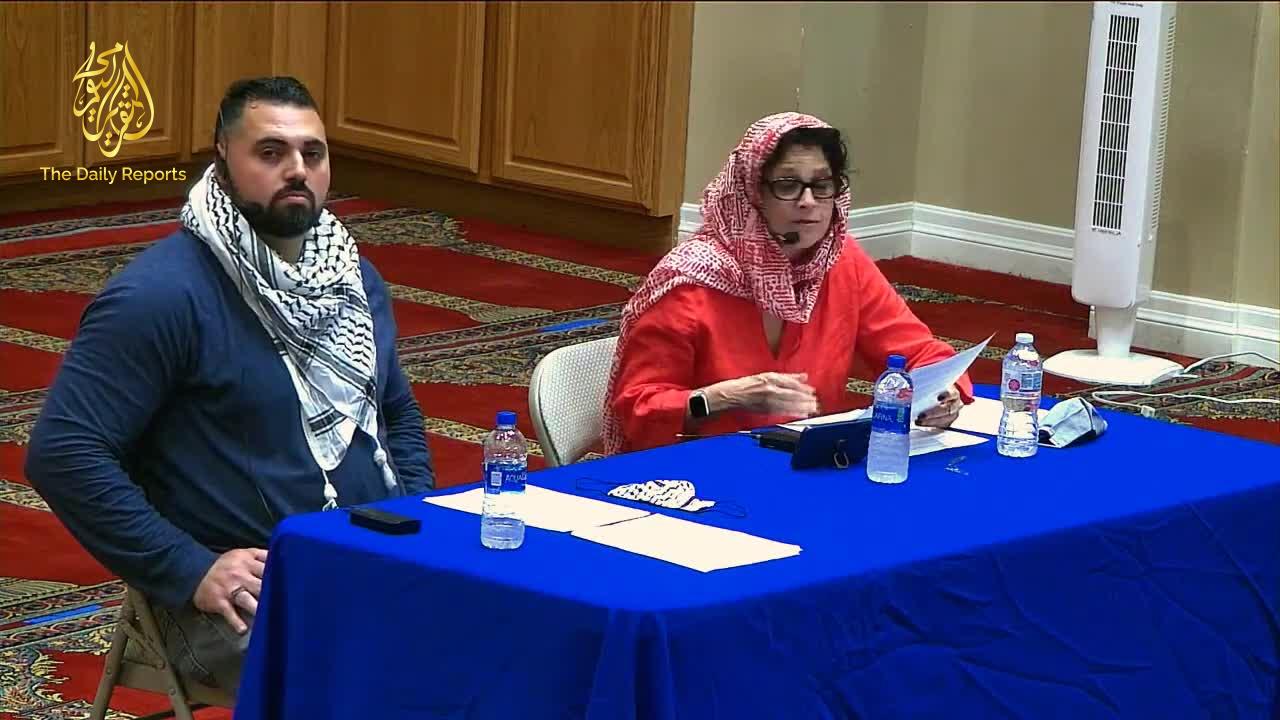A pre-Cop28 UN report suggests that to combat the climate crisis effectively, global fossil fuel exploration should cease by 2030, and funding to assist impoverished nations in mitigating the climate’s impact should reach between $200 billion to $400 billion annually by the same target year. According to this report, countries are still falling significantly short of meeting the objectives outlined in the 2015 Paris climate agreement, necessitating more substantial actions to achieve the goal of limiting global temperature rise to 1.5 degrees Celsius above preindustrial levels.
This report, known as the UN’s synthesis report on the global stocktake, serves as the foundation for discussions at the upcoming Cop28 conference in Dubai, starting in late November. The global stocktake is a mandatory process established under the Paris agreement, which assesses countries’ progress in meeting their emissions reduction targets every five years.
Simon Stiell, the UN’s climate chief, highlighted that the report provides clear targets for governments to consider, offering a guiding direction for necessary actions. While greenhouse gas emissions are still increasing, there is a general consensus that they must peak no later than 2025 to have a chance of limiting temperature increases to 1.5 degrees Celsius. Stiell emphasized the urgency for course correction, indicating that the report presents actionable elements for a response. However, there is significant divergence among countries regarding how to achieve these necessary changes.
The report also includes proposals for tripling global renewable energy capacity and doubling energy efficiency by 2030. This report is the second of two documents that will inform Cop28 discussions, with the first document also proposing the phasing out of fossil fuels. This is a contentious issue that was marginalized at the previous two UN climate summits, Cop27 in Egypt in the previous year and Cop26 in Glasgow in 2021.
It is uncertain whether these proposals will be included in the final outcome of the two weeks of negotiations at Cop28 or if they will even be on the official agenda for the summit. The global stocktake papers will be discussed in technical meetings of UN nations next week and again at a “pre-Cop” meeting in Abu Dhabi at the end of the month. The decisions on the agenda for Cop28 will be made by governments, and the host country, the United Arab Emirates, will play a role in shaping the summit’s format.
Many activists are concerned that the United Arab Emirates, a major oil and gas producer, may not advocate for the phase-out of fossil fuels, despite the support of more than 80 countries for such a move.
Catherine Pettengell, the executive director of Climate Action Network UK, called for the recommendations in the global stocktake reports to be acted upon. She emphasized that Cop28 should mark a pivotal moment for ending the fossil fuel era and ushering in a just and equitable transition.
Harjeet Singh, the head of global political strategy at Climate Action Network International, noted that there is a growing consensus around the need to phase out fossil fuels. He urged for concrete actions beyond rhetoric, proposing the initiation of a new global fossil fuel treaty to address the void left by the Paris agreement. Singh also emphasized the importance of considering the needs of developing countries and marginalized communities, particularly those dependent on fossil fuels for jobs or energy, in the transition to a greener and safer world.











